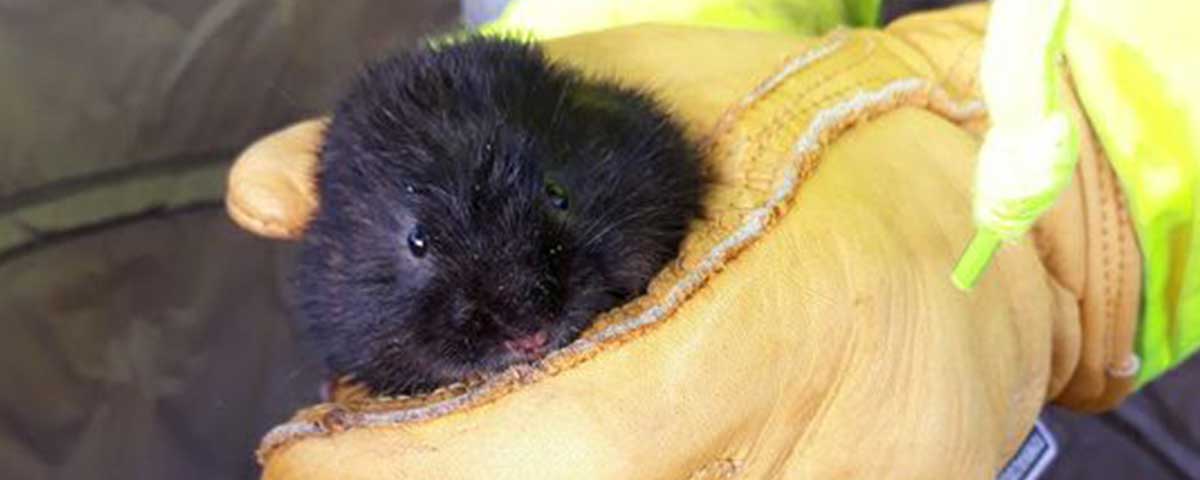
Wetlands are rich and biodiverse habitats for a dense variety of plant and animal species, but latest estimates show a global decline of biodiversity, with wetlands disappearing thrice as fast as forests.
In celebration of this year’s World Wetlands Day, we’re happy to share that over the last two years, Tetra Tech has had the privilege of offering its ecological services to Hanson Aggregates to help combat this decline. We’ve been doing this by supporting their phased restoration and expansion of Needingworth Quarry, Cambridgeshire into a wetland habitat stretching 700 hectares, making it one of the largest manmade habitats of its kind in Europe.
We’ve been heartily impressed by their collaboration with the Royal Society for the Protection of Birds and their commitment to creating a habitat protecting and allowing local migration of wildlife. Their work is crucial to society’s combined efforts to cope with climate change.
To facilitate this restoration, our experts have helped design and implement mitigation works for water voles and badgers. This has involved detailed water vole surveys over 9 km of arable ditches. We also secured a conservation license from Natural England to undertake live capture and relocation of the water vole population from ditches into an area of restored wetland (Ouse Fen Nature Reserve) managed by the RSPB. Given the scale of the completed nature reserve and habitat types created, this site is considered to form a key habitat for water vole and is of great regional value to the species.
As the nature reserve expands, the water vole population is expected to increase in population within this area. In addition to water vole works, Tetra Tech ecologists have carried out the design and implementation of complex badger mitigation works involving the creation of artificial setts, as well as the closure of existing setts to maintain populations on site while continuing operations.
Phil Preston, Principal Ecologist at Tetra Tech working on the project, said: “This is an exemplar project bringing commercial industry and nature conservation together on a scale like never before. It’s been a delight to work with Hanson and RSPB on innovative solutions to some of the issues facing our natural environment today.”
Over 28 million tonnes of sand gravel will be excavated at the Quarry during the 30-year project, which began in 2001. Once restored, the site will include the UK’s biggest reedbed, recreating some of the lost wetland habitat that once dominated the entire Fenland landscape.
Following completion, the RSPB will handle future management of the site.
Learn more about the ambitious partnership project at https://www.rspb.org.uk/our-work/conservation/projects/hanson-rspb-wetland-project.